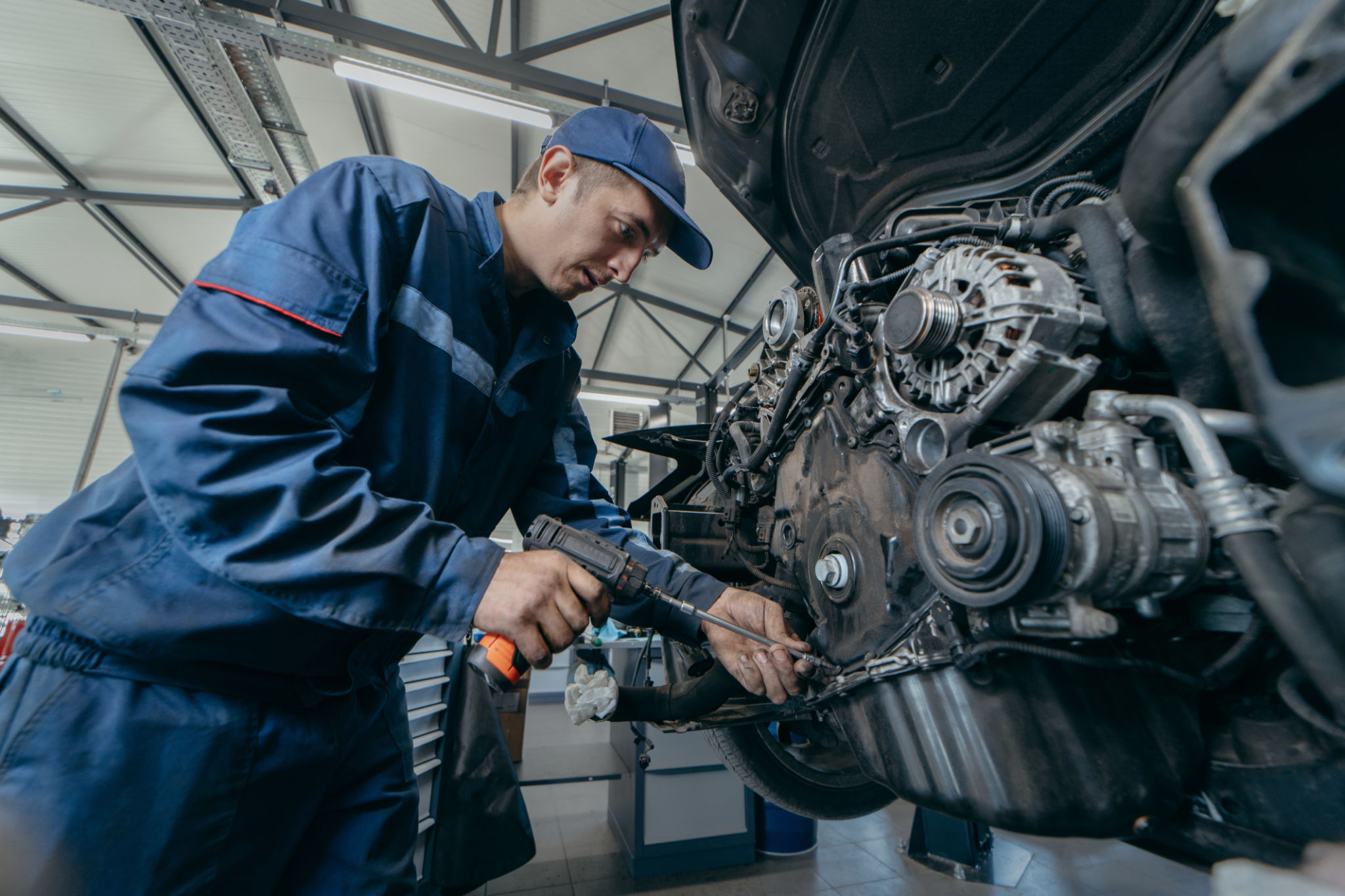Expert Tips on Extending the Life of Your DPF System
SS
Understanding the Role of DPF Systems
Diesel Particulate Filters (DPF) are critical components in modern diesel engines, designed to reduce emissions by capturing soot and other particulates. Proper maintenance and handling of your DPF system not only ensures compliance with environmental regulations but also extends the lifespan of your vehicle's engine. Here are some expert tips to help you maximize the life of your DPF system.

Regular Maintenance Checks
Regular maintenance checks are vital for the health of your DPF system. This includes routine inspections and cleaning to prevent blockage and buildup of soot, which can cause increased back pressure in the engine. Consider scheduling periodic check-ups with a qualified technician who can assess and clean your DPF system as necessary.
During these checks, ensure that all sensors are functioning correctly. Faulty sensors can lead to improper regeneration cycles, which in turn can damage the DPF.
Avoid Short Trips
Short trips can be detrimental to your DPF system. Diesel engines require higher temperatures to initiate the regeneration process that burns off accumulated soot. Short trips often don't allow the engine to reach these necessary temperatures, leading to soot accumulation and potential clogging.

Effective Regeneration Practices
The regeneration process is crucial for maintaining a clean and efficient DPF system. There are three types of regeneration: passive, active, and manual.
- Passive Regeneration: Occurs naturally when driving at highway speeds, maintaining optimal engine temperature.
- Active Regeneration: Initiated by the vehicle's computer system, injecting additional fuel to raise exhaust temperatures.
- Manual Regeneration: Performed by a technician when soot levels are too high, requiring specialized equipment.
Use Quality Fuel
Using high-quality diesel fuel can significantly impact the efficiency and longevity of your DPF system. Low-quality fuel often contains higher levels of sulfur and other impurities, which can increase soot production and lead to more frequent regeneration cycles.

Monitor Your Driving Style
Your driving habits can also affect the performance of your DPF system. Gentle acceleration and maintaining steady speeds help reduce soot production. It's also important to pay attention to dashboard warning lights related to the DPF system and address them promptly to avoid more severe issues.
Invest in Professional Cleaning
Even with regular maintenance, there may come a time when professional cleaning is necessary. This involves removing the DPF from the vehicle and using specialized equipment to remove stubborn soot and ash deposits. Professional cleaning not only restores the efficiency of your DPF system but also extends its lifespan significantly.
In conclusion, by following these expert tips, you can effectively extend the life of your DPF system, ensuring optimal performance and compliance with emission standards. Regular maintenance, mindful driving habits, and professional care are key components in preserving your diesel engine's health for years to come.
